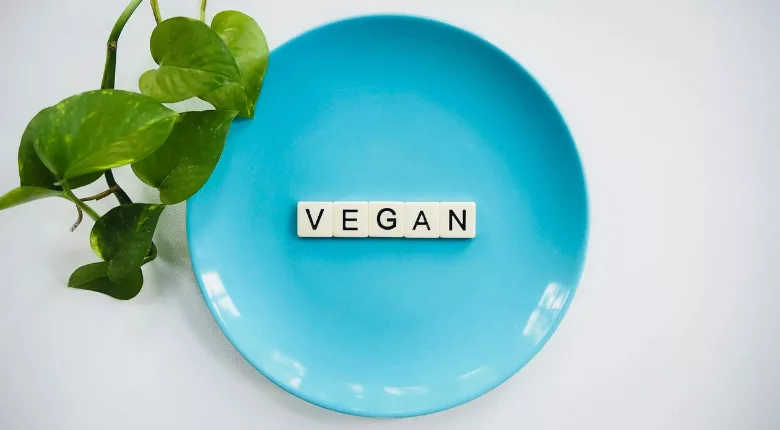More Than Half of UK Consumers Allergic to Animal-Derived Foods Believe “Vegan” Label Indicates Safety

Image credit: Vegan Liftz via Pexels
A “vegan” label on a food product does not guarantee that it is free from allergens associated with animal-derived foods; however, the UK Food Standards Agency (FSA) found that 54 percent of people who react to foods of animal origin sometimes use vegan labeling to indicate whether a product is safe to eat. Therefore, to address the misconception that “vegan” labels carry the same meaning as “free-from” labels and to raise awareness about precautionary allergen labeling, FSA is launching the educational “Vegan Food and Allergens Campaign.”
“Free-from” allergen claims are held to strict requirements to ensure the label actually ensures the safety of a food to certain hypersensitive individuals. “Vegan” labels, on the other hand, might suggest that animal products are not actually present in a food, but the label is not about food safety and does not mean it is safe for allergic consumers.
Precautionary allergen labeling, which indicates risk to hypersensitive individuals in the form of “may contain” statements, is an option for food manufacturers when the risk of cross-contamination by an allergenic ingredient cannot be eliminated from the production environment. In September 2023, FSA updated its guidance for businesses on precautionary allergen labeling, at which time the agency also tried to correct misconceptions about “vegan” labeling and “free-from” claims.
FSA became concerned with consumer beliefs about allergen labeling after conducting a survey in December 2023 with people who have food hypersensitivities to allergens of animal origin (or buy food for people with these food hypersensitivities). Of the 4,085 total respondents, 29 percent were not aware that they should check for a precautionary allergen labels on vegan products. Moreover, 62 percent of all respondents reported their confidence that the term “vegan” indicates that a food is safe for those with food allergen hypersensitivity to animal-derived foods.
Looking for quick answers on food safety topics?
Try Ask FSM, our new smart AI search tool.
Ask FSM →









